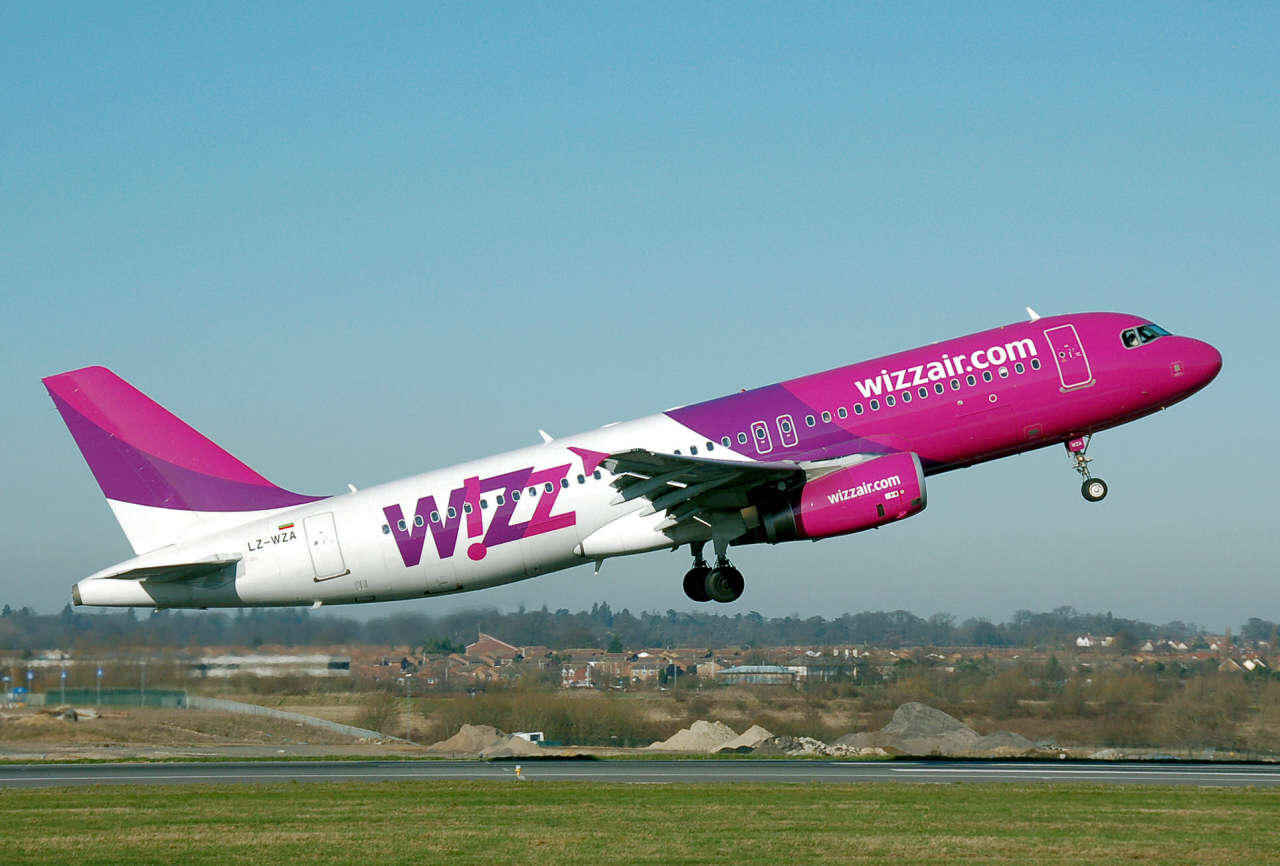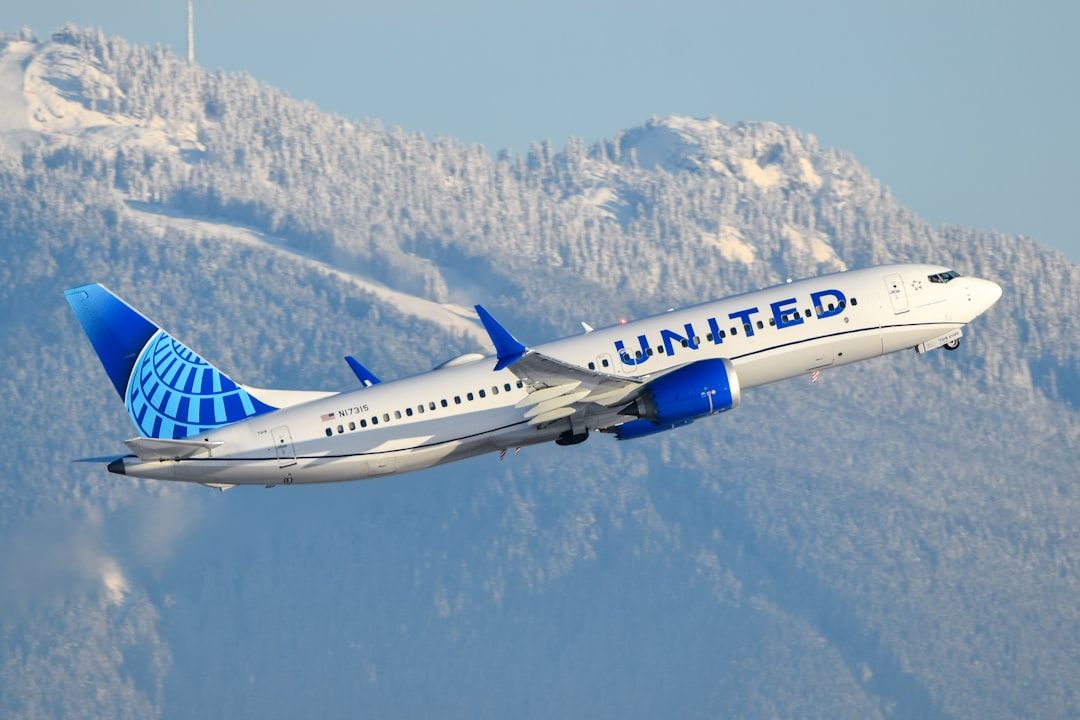Key Takeaways
• UK introduces SAF Mandate requiring 2% jet fuel to be sustainable by 2025, increasing to 22% by 2040.
• New legislation includes a revenue certainty mechanism and adds £400,000 in funding for SAF producers.
• Switch to SAF could boost UK economy by £5 billion and create tens of thousands of jobs by 2050.
The UK government has made a bold move to strengthen its sustainable aviation fuels sector, introducing new legislation and extra funding to help drive lasting change for green aviation. This action places the United Kingdom among the top leaders in clean fuel production for airplanes, with benefits that stretch well beyond the aviation industry. The recent steps aim to create jobs, boost the economy, and most importantly, reduce harmful emissions from flights.
New Laws and Promises from the UK Government

On May 14, 2025, the UK government brought forward major changes by introducing new legislation to Parliament. This new legislation is built to push the growth of the sustainable aviation fuel (SAF) industry forward. At the heart of these changes is something called a revenue certainty mechanism (RCM). In simple terms, this system gives producers of green aviation fuel more confidence about their future earnings, while making sure regular people aren’t left with higher bills.
The RCM is important because making SAF can be expensive and risky. Companies need to spend a lot of money upfront to build factories and develop the technology. If they can’t count on a steady income, many won’t take the risk. This new rule helps solve that problem. By making earnings more predictable, it attracts businesses to invest more in SAF production.
Alongside these laws, the government unveiled an extra £400,000 in funding. This money is set aside to help SAF producers bring new, cleaner fuels to the market more quickly. It’s mostly to help with the difficult steps of testing and making sure the fuel is safe and ready to use in real airplanes. This funding adds to the £63 million already provided this year through the Advanced Fuels Fund, showing a strong and ongoing push by the UK government to make cleaner air travel a reality.
The SAF Mandate: A Step-by-Step Approach
The new legislation supports something called the SAF Mandate, a set of rules that officially started in January 2025. The SAF Mandate sets out exactly how much of the jet fuel used in the UK must come from sustainable sources, and these requirements get tougher over time. The plan looks like this:
- In 2025, at least 2% of all jet fuel in the UK must be SAF. That’s about 230,000 tonnes of green aviation fuel for the year.
- By 2030, this number jumps to 10%.
- By 2040, the target grows again, reaching 22%.
To make sure the rules work in real life, the government set up a tradeable certificate scheme. Here’s how it works: For every ton of SAF produced, suppliers get certificates based on how much their fuel cuts down greenhouse gases. Suppliers need enough certificates to meet their yearly goals. If they have more certificates than they need, they can sell them to others who have not met their targets. This helps make sure the switch to SAF is fair and doesn’t unfairly punish any one company.
This step-by-step method is designed to give producers, airlines, and everyone involved enough time to adjust. It offers a clear roadmap, so people know what’s coming and can plan ahead. The focus on environmental benefits and economic sense is at the core of this plan, giving the United Kingdom a practical way forward in reducing emissions.
Economic Growth, Jobs, and Environmental Wins
The UK government believes that the switch to low-carbon fuels, like SAF, isn’t just good for the environment—it can be a big boost for the economy too. According to government figures, the move to SAF could add up to £5 billion to the UK economy by 2050. This surge in activity could create tens of thousands of new jobs across all parts of the country. Many of the new jobs will be in places that already have workers and skills linked to the aviation and fuel industries, but new job opportunities could appear in places that haven’t seen this kind of investment before.
When it comes to cutting pollution, the numbers are just as impressive:
- By 2040, using SAF could remove up to 6.3 million tonnes of carbon emissions each year.
- SAF cuts greenhouse gas emissions by about 70% on average compared to traditional jet fuel.
These gains are possible because SAF can be made from things like used cooking oil, plant waste, or other materials that don’t add new carbon to the air. The carbon is already part of the natural cycle, instead of coming from new fossil fuels from the ground.
Aviation Minister Mike Kane explained that these measures are all about meeting the government’s promises to boost the economy and support green jobs, while helping the United Kingdom become stronger in clean energy. He also said the plans give the aviation sector a chance to keep growing without making climate change worse.
What Industry Leaders Are Saying
The new legislation and funding were welcomed by leaders in the aviation and fuel sectors. Tim Alderslade, Chief Executive of Airlines UK, said the new rules are very important for turning the dream of big SAF production into a reality. He pointed out that having a thriving SAF industry in the United Kingdom could not only create lots of jobs but also help the whole sector deliver lasting economic growth. This confidence can encourage more companies to invest and help the industry meet its emission reduction goals.
Duncan McCourt, Chief Executive of Sustainable Aviation, highlighted how SAF is a smart solution. He said SAF can be used straight away in current planes and at existing airports, meaning there’s no need for a complete overhaul of the industry. This is key because it means the UK government’s plan doesn’t just benefit new players; it helps airlines upgrade their operations in a way that fits with how things already work today.
Industry feedback often focuses on how the new revenue certainty mechanism gives investors and companies the confidence they need. Without a stable, predictable set of rules and earnings, it’s hard to make the big investments needed to scale up green fuel production. The new legislation helps to solve that.
How the SAF Mandate Works
To understand the impact, it’s useful to take a closer look at the SAF Mandate and certificate scheme. Whenever a producer makes a batch of SAF, they are awarded certificates. The more greenhouse gas the fuel saves, the more certificates they earn. Every airline or fuel supplier has a yearly quota—if they supply 2% SAF in 2025, they’re in line with the rule. If they don’t have enough SAF on hand, they need to buy certificates from someone who has extra. This creates a market for certificates, rewarding those who go above and beyond.
This system encourages early action—if companies move quickly to produce or use SAF, they can profit by selling certificates. At the same time, it provides a cushion for others who are still getting up to speed. That way, the transition to SAF can happen smoothly and fairly.
Why SAF Is Different—and How It Helps Immigration
It’s important to talk briefly about how these moves help wider goals around immigration and skilled jobs. As the UK government pushes the SAF sector forward, there will be more demand for technical experts, researchers, skilled plant workers, and managers. Meeting these needs could mean opening doors to bringing in talent from outside the United Kingdom, creating strong reasons for skilled workers to move to the country.
Bringing new skilled workers into the United Kingdom to support the green aviation sector fits with the government’s goals for growth and innovation. It also matches broader immigration priorities, since the country is always looking for ways to attract talented people with skills in science, clean energy, and engineering.
Making the Transition Affordable
One thing that sets the UK government’s SAF strategy apart is the focus on keeping costs reasonable for ordinary people. The revenue certainty mechanism is built not just for producers, but also for consumers. It’s designed to avoid sudden price jumps in air travel by making production more stable and predictable. This matters because green fuels have often been seen as too expensive, but the UK’s approach aims to change that.
With extra funding set aside for testing and certainty about rules, companies have less risk when starting out. That means over time, the price gap between SAF and traditional jet fuel can shrink, making clean flying affordable for everyone.
Long-Term Goals and International Leadership
The United Kingdom’s SAF mandate isn’t happening in a vacuum. Many countries are making similar moves, but the UK government is setting some of the highest targets worldwide by 2040. This raises the country’s reputation as a leader in green aviation.
By sticking to clear rollout dates—2% SAF by 2025, 10% by 2030, and 22% by 2040—the United Kingdom stands out for both ambition and practical planning. If these targets are met, the country could become a model for others looking to cut aviation emissions while growing their economies.
Challenges That Remain
Of course, there are still some hurdles ahead. Making enough SAF to meet rising targets will not be easy. Producers need strong supply chains, good access to raw materials, and support from skilled workers. There are also questions about how to keep production truly sustainable, so that making more SAF doesn’t use up valuable farmland or compete with food needs.
The certificate system also needs careful oversight to make sure it’s fair and not open to misuse. The UK government will need to watch these details closely, adjusting the rules as needed to keep things on track.
Why This Matters for Travelers and Companies
If you travel by air or work in the aviation industry, these moves could affect you. Over time, more flights in and out of the United Kingdom will use SAF, which will mean less climate impact per trip. For companies, the new certainty around revenues can mean it’s a good time to invest in new plants or start a career in green aviation.
Airlines can benefit by meeting their climate pledges more easily, and airports might see new opportunities to become clean fuel hubs. Skilled workers from around the world could see safer job prospects and a stable place to build their careers.
Where to Find More Information
If you want to dig deeper into the SAF mandate or the new legislation, the UK government provides updates and resources about green aviation efforts on its official SAF mandate page. It’s a helpful place to check for rules, funding details, or updates about targets.
For ongoing news and expert opinion, VisaVerge.com often covers changes in government policy and how new laws affect things like jobs, migration, and education tied to sectors such as sustainable aviation.
Key Takeaways and What’s Next
In summary, the UK government’s leadership on sustainable aviation fuels could reshape both the economy and aviation sector:
– The new legislation and the SAF Mandate are designed to scale up clean fuel production through clear targets and tradeable certificates.
– Funding and the revenue certainty mechanism support growth while keeping costs in check for travelers.
– The expected gains include up to £5 billion in economic growth and tens of thousands of jobs by 2050, plus dramatic cuts in carbon emissions.
– Industry leaders strongly support these policies, saying they bring stability, encourage investment, and make it easier for existing airlines to go green without drastic changes.
– These developments may create more chances for skilled jobs, possibly opening doors for international workers to help build the sector further.
If you work in aviation, are interested in environmental policy, or are thinking about bringing your skills to the United Kingdom, the developments in SAF stand out as an important area to watch. As reported by VisaVerge.com, these changes show how focused laws, smart funding, and strong leadership can push both the economy and the environment in the right direction, setting the stage for the UK government to reach its goals and inspire other nations to follow.
Learn Today
Sustainable Aviation Fuel (SAF) → A type of jet fuel produced from renewable resources that dramatically reduces greenhouse gas emissions compared to conventional fuels.
Revenue Certainty Mechanism (RCM) → A government-backed system ensuring stable earnings for SAF producers, reducing financial risk, and encouraging investment in the sector.
SAF Mandate → Official UK rules requiring a specific, rising percentage of jet fuel to come from sustainable sources through 2040.
Tradeable Certificate Scheme → A market system where SAF producers earn certificates for emission savings, which can be bought or sold among suppliers to meet targets.
Advanced Fuels Fund → A UK government funding program providing financial support for innovative fuel technologies, including SAF, to accelerate clean energy adoption.
This Article in a Nutshell
The UK government’s new SAF Mandate introduces tough targets for sustainable jet fuel use, supported by legislative certainty, funding, and tradeable certificates. This approach promises dramatic emission cuts and job creation, balances costs for travelers, and may attract global talent in clean aviation—positioning the UK as a green aviation leader.
— By VisaVerge.com
Read more:
• ReFuelEU Aviation Mandate sets 2% sustainable fuel target for 2025
• Congressman Ciscomani Grills Officials Over Aviation Safety
• Jet Zero Strategy shows no progress as UK aviation emissions hit record high
• Zhejiang Jiaao Enprotech makes first sustainable aviation fuel export from China
• India’s aviation finance market prepares for rapid growth













